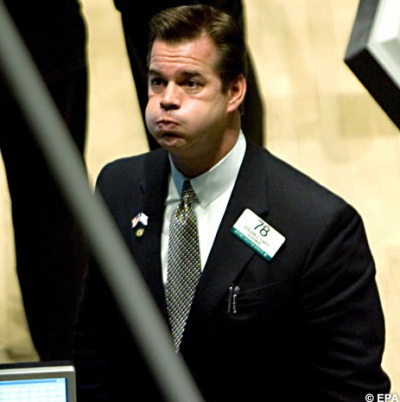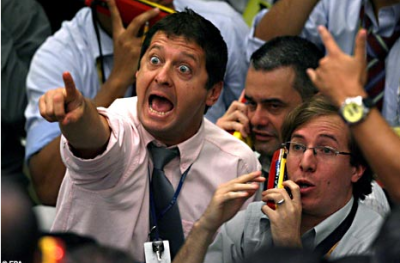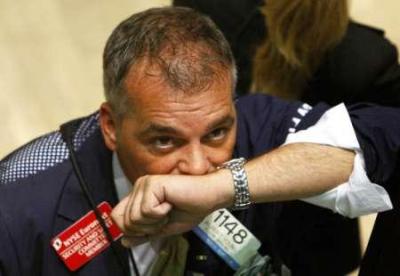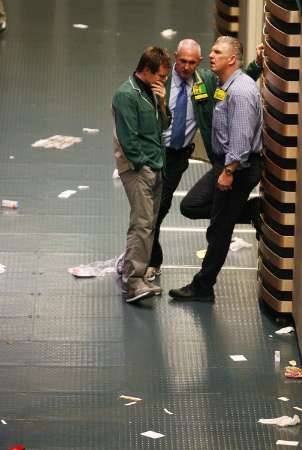Being very sleepy I let my good old rusty Kodak V705 camera drop on the concrete floor at a Sunday morning museum tour. And it was real concrete, not some soft marble inside the museum, but before entering. First it looked like only the body was scratched with the lens cover having to be forced open manually. I could even do a few more shots with it, but then soon the electronic stopped working.
What I liked so much about this model was the 23 mm wide angle. Also not very big, and now I must say also very robust, I kept this camera in my pocket every day, being able to let the motives get to me without actively going on a photo safary!
Two days ago I got a Panasonic DMC-TZ5. The main reason was the 280 mm max zoom and the price was good as it was a special offer (as with 9 megapixel it is already becoming a bit outdated, but I couldn't care less than about the resolution). At the same time it also has a 28 mm wide angle. Really an exceptional range for a relatively small camera. Unfortunately it is not as small as the old Kodak or other compact cameras. Still, nothing to campare to a big d-SRL camera. Now, my preference was for a very small and super wide angle digital camera. To bad Kodak stopped working on a successor of the V705 and doesn't even sell this old gem any more.
But I am really happy with this now zoom, which offers great new artistic possibilities I did not have at all before. These are just two test shots right from my lovely home environment (the second has gotten some color saturation and contrast manipulation thought):


But what was a bit unanticipated is, that the panasonic also seems to be decent at night shots. Those were completely impossible with the old Kodak. Thought I loved making photos at night (as a teenager and student with an old Minolta X-700 SLR), as the surroundings in artificial light in general make for a great athmosphere.
So, technically speaking, I am very happy with these two first results from yesterday evening with an ISO 100 setting and a small tripod.


BTW, I don't know if with the old camera better night results would have been possible, it just never occured to me before that it might be possible to change the default ISO setting. Still, the first night picture above has been done with an exposure of 8 seconds (and the lowest ISO), I doubt that would have been possible with the other camera.
Still, I am spoiled from the Kodak in terms of a decent wide angle and 28 mm won't cut it anymore. Now still need to do something about that:).



































